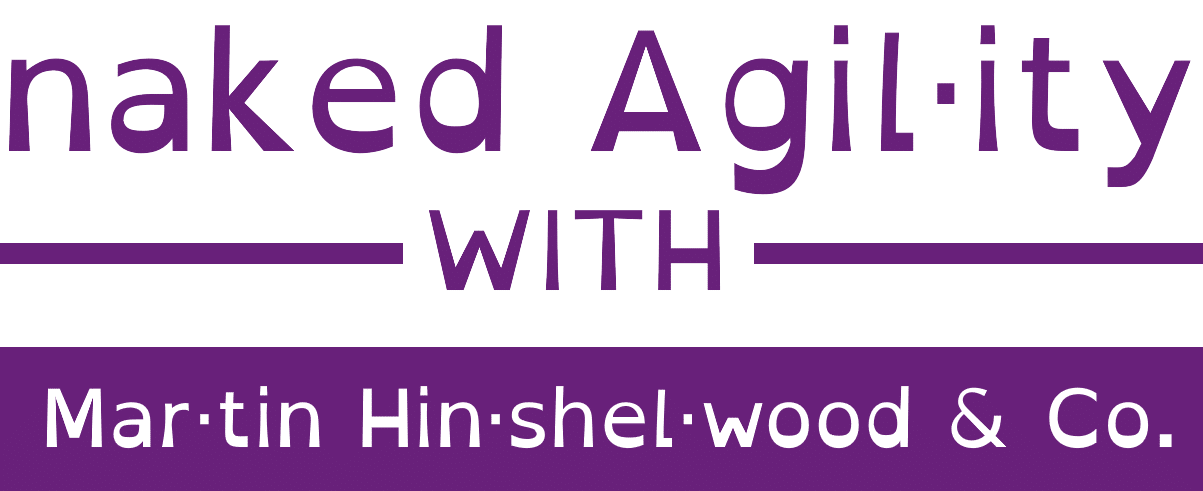In the ever-evolving world of business, staying ahead means adapting faster than your competitors. Being agile is not about following a set of rules but rather embracing a mindset of constant questioning and improvement. As Steve Denning wisely said:
“Being agile is about questioning what you do and continuously improving what you’re doing.”
This philosophy underpins the core of Agile and Scrum, allowing organizations to not only survive but thrive by outpacing change.
The Power of Questioning to Create Value
One of the biggest differences between traditional methods and Agile is the relentless focus on questioning. Why do we do what we do? What value does it bring? These are the key questions Agile teams should ask daily. If a process, task, or system doesn’t bring more value than the effort or pain of doing it, then it’s time to rethink it.
- Question everything: Agile teaches us to scrutinize our actions constantly.
- Seek value: Every action should deliver value that justifies its cost.
- Adapt: If something no longer provides value, change it.
Agility isn’t about sticking to one approach but about evolving. Scrum acts as a mirror, reflecting the inefficiencies and areas for improvement within your organization.
Scrum as a Reflective Mirror
Scrum forces us to look at our own processes and practices critically. As Ken Schwaber, one of the co-creators of Scrum, says, Scrum is like a mirror that reveals what needs to be fixed.
“Scrum can’t fix your organization’s issues, but it can show you what needs to be addressed to become more effective.”
This reflective nature of Scrum allows organizations to:
- Spot inefficiencies: Scrum reveals organizational flaws that hinder success.
- Encourage change: The iterative nature of Scrum encourages adaptation.
- Promote growth: By continuously improving, your business can stay relevant and competitive.
To put it simply, the more effectively your organization can adapt, the higher your chances of staying ahead of competitors.
Outpacing Competitors: The Agile Advantage
In today’s fast-paced market, the ability to change and adapt faster than your competitors is a significant advantage. When you can pivot quickly, you become the trendsetter that others follow. You’re the one seizing market opportunities first, and that leads to greater success.
Here’s why agility works:
- Faster response to market shifts: Agile organizations can capitalize on new opportunities before others even notice them.
- Trendsetting: You’re no longer following; you’re leading.
- Profitability: By being the first to act, you often secure the most significant gains.
In a capitalistic world, the organizations that thrive are the ones that can adapt quickly to market demands, taking advantage of every opportunity. But to achieve this, leadership must empower their teams to be agile ninjas!
Empowering Agile Ninjas for Dynamic Change
You can’t drive dynamic change from the top alone. To truly become agile, you need to empower every individual in your organization to think and act dynamically.
- Empower teams: Everyone, from entry-level employees to senior leadership, should be able to question processes and suggest improvements.
- Question the rules: Don’t just follow the rules—challenge them.
- Encourage innovation: Constantly ask, “Is there a better way to do this?”
Agile is about breaking free from the mindset of rigid structures. It’s about empowering your teams to make decisions that can lead to better outcomes.
Questioning Rules and Procedures: A Culture of Curiosity
In an Agile organization, questioning rules and procedures is not seen as disruptive—it’s encouraged. You need to cultivate a culture where employees are constantly looking for ways to improve.
- Create open forums: Establish spaces where your team can openly discuss what’s working and what isn’t.
- Be curious: Encourage employees to explore alternatives, whether it’s finding a faster way to do something or eliminating an unnecessary process altogether.
- Reward initiative: Don’t punish those who question; celebrate them.
When you foster a culture of curiosity, your teams are empowered to drive continuous improvement.
Avoiding Disgruntlement: Act on Feedback
One of the biggest mistakes organizations can make is ignoring the feedback they receive from their teams. When employees constantly raise issues but see no change, frustration builds. This leads to disengagement, and ultimately, a lack of productivity.
Here’s how to avoid disgruntled teams:
- Listen to feedback: Actively seek feedback from your teams and show that you’re listening.
- Take action: Address concerns and fix problems where they arise.
- Involve leadership: Ensure that leaders at all levels are involved in the improvement process.
A culture of inaction leads to frustration, while a culture of responsiveness leads to a thriving, motivated workforce.
Fostering Continuous Improvement: Creating Agile Forums
Agile is all about continuous improvement, and that requires regular reflection and adjustment. As an organization, you should create regular opportunities for your teams to examine their processes and seek improvements.
- Host regular retrospectives: Use Scrum’s retrospective meetings to reflect on what’s working and what’s not.
- Involve everyone: Don’t limit these conversations to just the leadership team—every level of the organization should participate.
- Promote experimentation: Give teams the freedom to experiment and try new approaches, even if it means occasional failure.
By fostering a culture of continuous improvement, you ensure that your organization is always evolving, always adapting, and always growing.
Personalized Assistance and Learning
Every organization’s Agile journey is unique. If you’re ready to dive deeper into Agile or Scrum practices or need personalized advice on how to implement these principles in your organization, we’re here to help.
By embracing the core principles of Agile—questioning, continuous improvement, and adaptability—you can transform your organization into a dynamic, responsive powerhouse.
Final Thoughts 💡
To truly unlock the power of Agile:
- Question everything: Don’t take processes at face value.
- Foster change: Encourage everyone in the organization to contribute ideas for improvement.
- Continuously adapt: Always be willing to pivot when necessary.
Embrace these principles, and you’ll not only stay ahead but lead the way in your industry. 🚀
